The Arizona State Climate Office provides weather and climate science for Arizona through research, outreach and education.
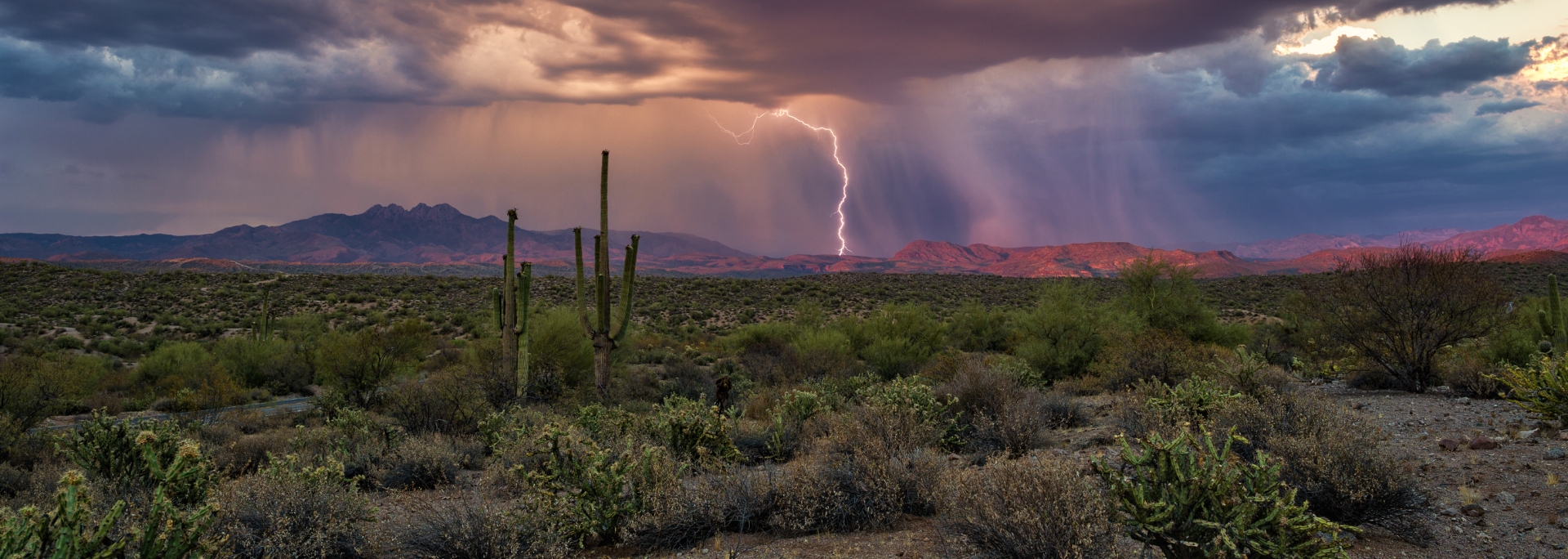
Welcome to the Arizona State Climate Office
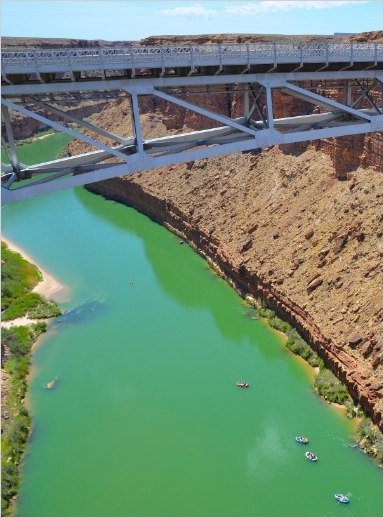
Climate
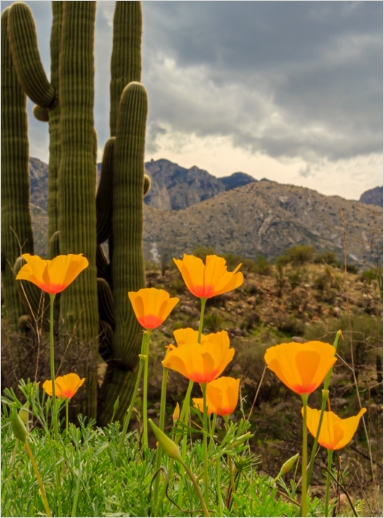
Weather
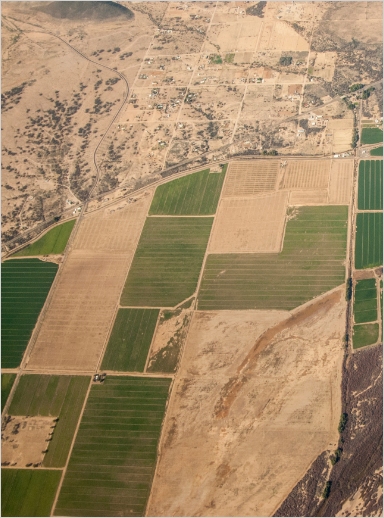
Resources
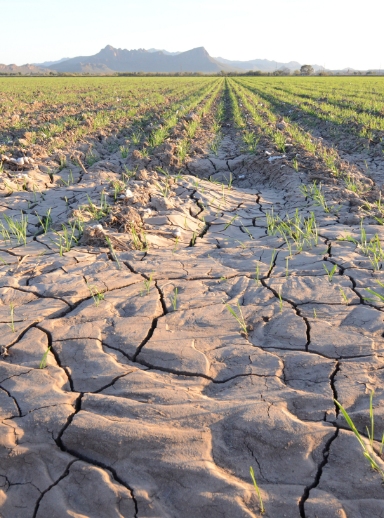
Drought

About the office

Contact us

Join our monthly webinar
Join us each month for an interesting overview of Arizona’s weather and climate!
Webinar: Third Thursday every month from 10 to 10:30 a.m.
